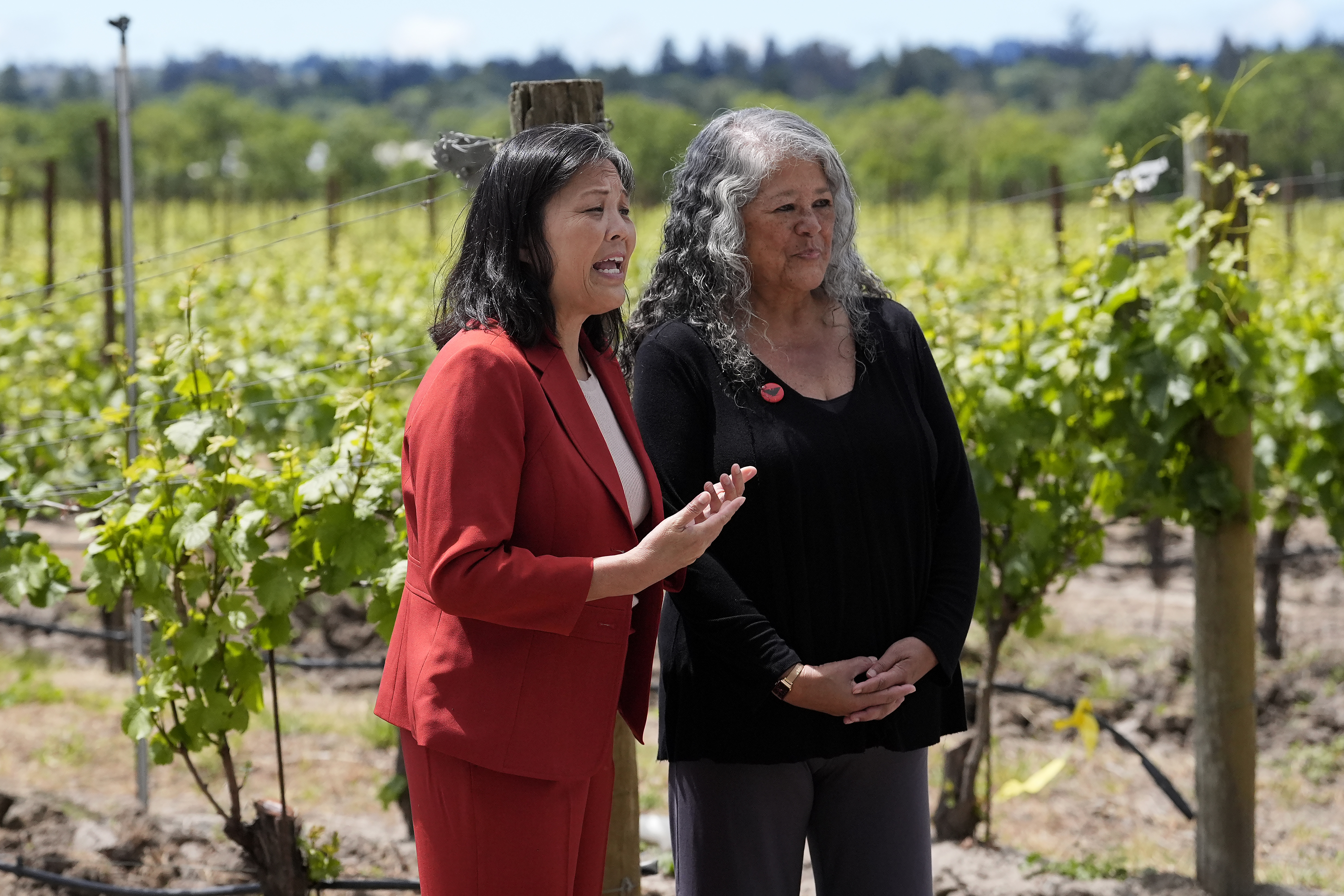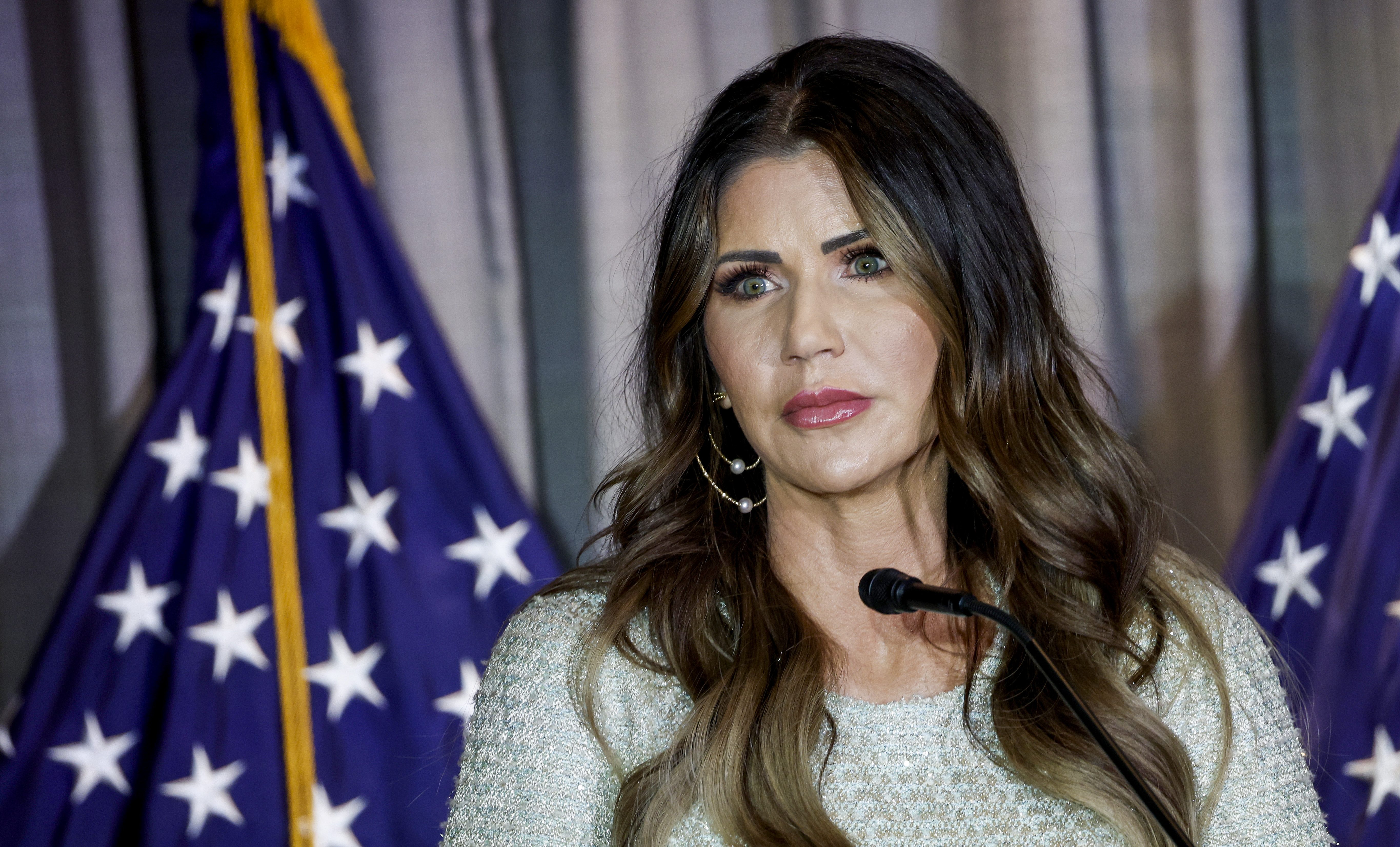The parents of Dallas shooter Micah Xavier Johnson said they are surprised by his violent rampage and noted he returned from an Army deployment to Afghanistan a changed man.
“I don’t know what to say to anybody to make anything better. I didn’t see it coming,” Johnson's father, James Johnson, said in an interview posted on The Blaze website Monday. “I love my son with all my heart. I hate what he did.”
Micah Xavier Johnson, a black 25-year-old from Mesquite, Texas, targeted white officers in Thursday's attack, fatally shooting five and wounding nine more, police said.
His mother, Delphine Johnson, said that as a child her son wanted to join the police, but that after serving six years in the Army Reserves, he became a "hermit."
The gunman served in the Army Reserve for six years, starting in 2009, and did one tour in Afghanistan. In May 2014, six months into his Afghan tour, he was accused of sexual harassment by a female soldier. The Army sent him back to the U.S., recommending an "other than honorable discharge," Bradford Glendening, the military lawyer who represented him told The Associated Press.
"In his case, it was apparently so egregious, it was not just the act itself," Glendening told The Associated Press. "I'm sure that this guy was the black sheep of his unit."
According to a court filing, the victim said she wanted Johnson to "receive mental help," and sought a protective order to keep him away from her and her family. Johnson was ordered to avoid all contact with her.
U.S. & World
The Johnson's family said he never showed signs of hatred for certain groups of people, but that he hated "injustice."
Johnson launched the attack during protests over the police killings of Philando Castile, who was fatally shot near St. Paul, Minnesota, and Alton Sterling, who was shot in Louisiana after being pinned to the pavement by two white officers.
Dallas Police Chief David Brown clarified Monday where Johnson was killed with a bomb delivered by a remote-controlled robot, saying that it happened on the second floor of El Centro College, not a parking garage as authorities previously described. Brown did not provide more details, including the locations of the negotiations that came before the bomb.
The police chief again defended the decision to use the robot, saying he had "already killed us in a grave way, and officers were in surgery that didn't make it."
"This wasn't an ethical dilemma for me," Brown said. "I'd do it again ... to save our officers' lives."
Authorities have said Johnson had plans for a larger assault, possessed enough explosive material to inflict far greater harm and kept a journal of combat tactics. Eleven officers fired at Johnson and two used an explosive device, Brown said, adding that the investigation will involve more than 170 hours of body camera footage and "countless hours" of dashcam video.
"Bravery is not a strong enough word to describe what they did that day," Brown said of officers' response to Thursday's events.
Surgeons at Parkland Memorial Hospital spoke Monday afternoon about treating some of the victims. Dr. Brian H. Williams, who is black, said: "It weighs on my mind constantly (that he was unable to save the officers ... It has to stop. Black men dying and being forgotten. People retaliating against the people sworn to protect us."
Dr. Alex Eastman, the director of the hospital's trauma center who also is a deputy medical director with the city's police department, said the shootings "rocked some guys to their core that I thought were unshakable."
Brown provided details of authorities' negotiations with police Sunday on CNN's "State of the Union," saying Johnson laughed at authorities, sang and at one point asked how many officers he had shot. Johnson insisted on speaking with a black negotiator and wrote "RB" and other markings in blood on the wall — the meanings of which were unclear and being looked at by investigators, Brown said.
"This wasn't an ethical dilemma for me," Brown said on Monday.
He said that 11 officers used their firearms, and two used the explosive device against the suspect.
Johnson had no criminal history, according to authorities. Local court records show his parents were divorced in 1996. He was believed to have shared a two-story tan brick home in Mesquite with family members.
Federal agents are trying to trace the origin of the weapons used by Johnson, including a military-style semi-automatic rifle. About 30 agents are involved in identifying bullet casings, said William Temple, the Dallas agent in charge for the Bureau of Alcohol, Tobacco, Firearms and Explosives.
The shootings just a few blocks from where President John F. Kennedy was slain in 1963 marked the deadliest day for U.S. law enforcement since the Sept. 11, 2001, terrorist attacks.
Two El Centro students hid in the building overnight, Brown said, because they were afraid to come out until the shooting stopped. Police got them out of the building Friday morning. Two officers from El Centro were injured.



